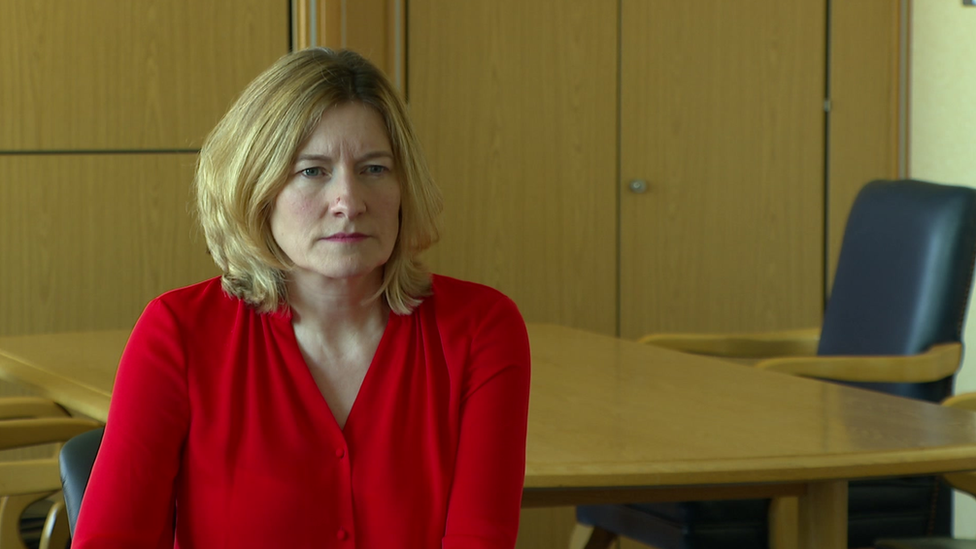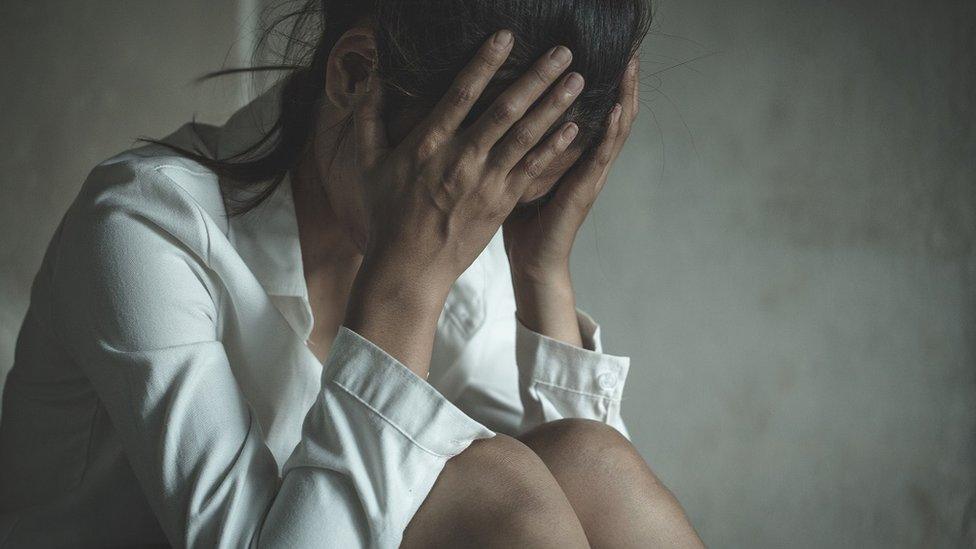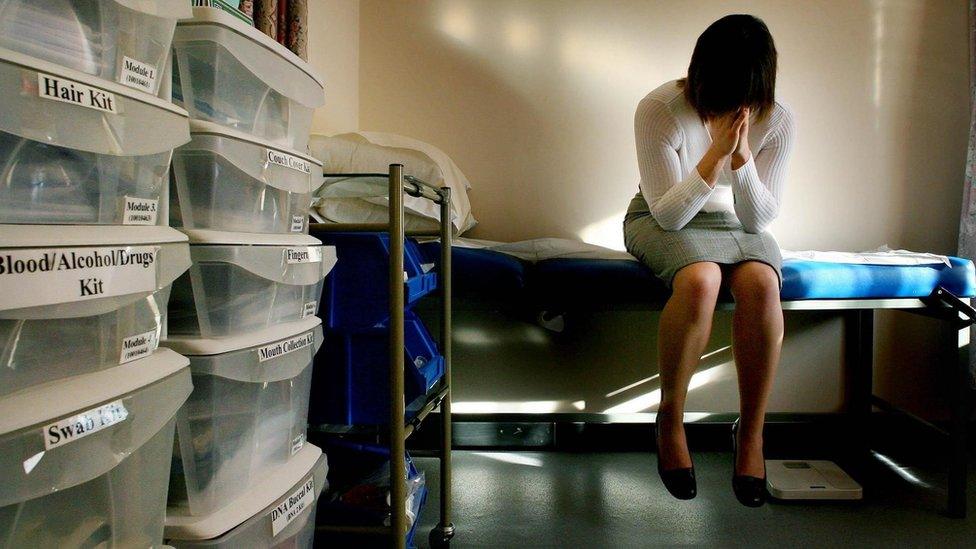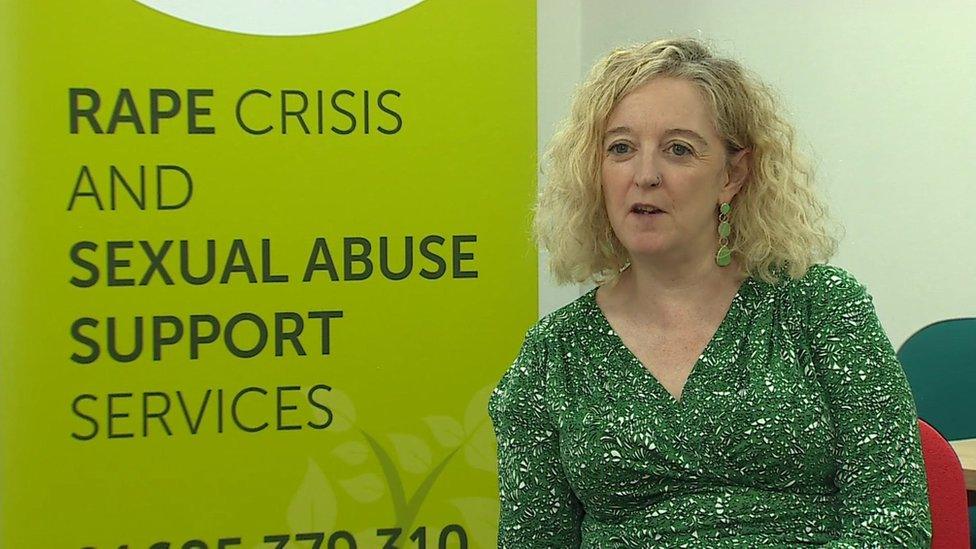Rape: Handling of cases must change, says Wales' CPS boss
- Published

Jenny Hopkins said public confidence had been "deeply dented"
A change in how rape cases are handled is needed "now" to ensure public confidence, the new boss of the Crown Prosecution Service in Wales has said.
Jenny Hopkins said confidence had been "deeply dented" and work had started to improve that.
"We haven't got time to wait a generation to do this," she said. "It's change that needs to happen now.
"We need to give people the confidence to come forward and to be brave enough to report what's happened to them."
A recent joint inspection of how the police and CPS deal with rape cases painted a damning picture of strained relationships, ineffective joint working and lengthy delays in decision making.
It highlighted finger-pointing between the two services and concerns about low conviction rates leading to a more cautious approach to rape investigations.
"These cases are complex by their very nature," Ms Hopkins said.
"It's really important that prosecutors and police officers work really closely together from the earliest stages to try and build cases, and that's what I'm determined we will do."
The UK government's recent rape review also highlighted the disproportionate focus on the victim, something that is not done in any other alleged crime.
"We need to have what's called an offender-centric approach, to focus on the actions of the offender and look at how reasonable were they," Ms Hopkins said.
"Could they reasonably have believed that the victim was consenting, given all of the circumstances? So there is now a really strong focus on the offender as opposed to the victim."

Rape cases were complex "by their very nature" Ms Hopkins said
The inspectorate said better communication and empathy was needed from services.
"I think victims are entitled to expect that they will receive good quality communication from us," said Ms Hopkins.
"That's something we need to do more work on."
Rape cases were assigned to specialist prosecutors, she said.
"We've recently updated the legal guidance to prosecutors on myths and stereotypes, on trauma, how victims present. So there's lots of work being done in that arena.
"What we're saying to victims is 'please come forward, we will deal with your case professionally and expeditiously and you will be dealt with with respect'."
The CPS in Wales and South Wales Police will be among those piloting initiatives to improve the outcomes for those reporting rape.
"At the moment we tend to have the first contact with the victim at the time we've made a decision whether to charge or not," said Ms Hopkins.
"We'd like to bring that forward, so once a case arrives with us we will communicate and say 'we have your case' and then we will better keep victims updated throughout the process."
- Published30 July 2020

- Published27 May 2022

- Published14 December 2020
